успешных поступлений
университетов и бизнес-школ мира
странах работают после учебы наши выпускники
успешных поступлений
университетов и бизнес-школ мира
странах работают после учебы наши выпускники
The two-year MSc Energy for Smart Cities programme gives you a broad education in electrical and mechanical energy systems. It enables you to refine your knowledge of the electrical, thermo-mechanical and technical-economic aspects of the energy industry, and to participate fully in the design and operation of advanced energy solutions.
Your technological and engineering studies are combined with knowledge of socio-economic and environmental aspect of smart cities, such as energy efficiency in buildings, electric transportation, energy economics, smart lighting, and other urban services.
You will learn how to construct and employ contemporary energy-conversion technologies and secure energy supply, while taking into account the technical limitations, environmental consequences and economic considerations of new energy technologies and systems. Throughout your studies, you are asked to consider the impacts of changing energy systems on the end users in the electrical value chain: the people, the businesses, and the city itself.
MSc Energy for Smart Cities has strong partnerships with internationally renowned businesses, smaller companies and a network of start-ups, who actively participate in the programme to ensure it remains current and relevant to their needs – and to yours. Partners are involved in curriculum design, selection processes, internships, support for Master’s theses, and job opportunities. Experts from the private sector, municipalities and other government bodies also take classes and give guest lectures.
During the MSc Energy for Smart Cities programme, all students have the opportunity to visit at least one international Smart Cities event, two energy companies and an energy research institute. In addition, all students engage with at least one start-up company that is working with InnoEnergy Business Creation Services – our business accelerator and investor.
For the first year of the MSc Energy for Smart Cities programme, you can choose to attend either KU Leuven or KTH: Royal Institute of Technology in Stockholm. In your first year, you will combine electrical and mechanical engineering courses with energy-related socio-economic subjects.
In the second year, you choose to attend KU Leuven, KTH, INP: Grenoble Institute of Technology, or UPC: Universitat Politècnica de Catalunya · BarcelonaTech. You will have the opportunity to take general and option-specific elective courses that enable you to specialise in areas that interest you most.
During the second year, you choose one of the following specialist tracks to deepen your knowledge:
Courses
Build the engineering and management expertise in energy for smart cities to deliver real impact and help drive innovation. At KU Leuven, you spend your second year exploring the design and management of electric power systems, choosing a minimum of 24 technical course credits and a further three credits from our broad range of general interest courses. Technical courses cover electrical energy, thermo-mechanical energy and general techno-economic energy, as well as a range of complementary options. You build business insights, skills and tools through our general courses which range from innovation, management and strategy to eco-design and life-cycle engineering and beyond. In your second year with us you will undertake your Master’s thesis and you will attend joint Summer School for a total of 33 credits.
Master’s thesis
Between September 2019 and June 2020, you will complete your thesis with support from faculty and the option of collaboration with industry and other InnoEnergy students. In previous years, our students have produced a number of highly relevant and innovative theses, including: optimal energy control in microgrids using deep learning; studying the wind effects for increasing the energy production of photovoltaic modules; wireless in-house electricity supply systems; and the potential of city district information models in energy research.
Flexibility and a focus on innovation
The modular framework of your second year at KU Leuwen gives you the flexibility to map your learning to your intellectual and career goals. You can choose 24 or more core technical courses that cover a breadth of topics and disciplines, combining these with three management courses to simultaneously build your engineering and business knowledge and expertise. Our Innovation in Management and Strategy course focuses on ground-breaking concepts, approaches and instruments to drive outside-the-box thinking, and your innovation journey will be supported by the Summer School entrepreneurship experience between your first and second year.
Requirements: Language and Visa
No special requirements are stipulated, although you will have the option of pursuing a general course in Dutch language and culture
INP: Grenoble Institute of Technology
Courses
Core courses at Grenoble INP explore the economy of Smart Grids and integrate a sociological perspective to broaden out your technical, engineering, business and economic understanding, knowledge and skill set. We also offer a range of ICT programmes that are enriched by real-world industry input from specialists at ATOS Worldgrid and Schneider Electric, as well as academic perspectives on big data and its use in fields such as smart metering.
Masters Thesis
Pursuing your Master’s thesis at Grenoble is a unique opportunity to collaborate with an institution in either the public or private domain, putting theory into practice to resolve some of the most pressing challenges facing our world-class ecosystem of partner organisations. Additionally, you have the option to work on your thesis in France or abroad at the company of your choice.
Flexibility and a focus on innovation
At Grenoble INP, you complement your core learning journey by choosing from a breadth of elective courses that map to your specific interests and objectives. You have the option of specialising in three main tracks: smart grids with original
original reduced scale distribution network to code and test ADA functions; the HVDC track with active participation from General Electric grid, Nexans, transmission systems operator RTE, SuperGrid Institute and EDF France experts; or the storage and building tracks which integrate multidisciplinary projects. We offer you the chance to focus on innovation though our Innovative Problem Solving course, which explores the dynamics of TRIZ methodology – a problem solving philosophy based on logic, data and research, rather than intuition. TRIZ leverages the historic knowledge and experience of thousands of real-world engineers to accelerate creative problem solving in real-world scenarios.
Requirements: Language and Visa
No special language requirements are stipulated, although you will have the option of studying intensive a 20-hour intensive French language course. French legislation offers a one-year visa extension (APS) after the graduation to empower your job search in France. The APS provision can also expedite work permits should you receive an offer.
UPC: Universitat Politècnica de Catalunya · BarcelonaTech
Courses
At UPC you will learn by doing. Our innovative flipped classroom approach reverses the traditional concept of learning by rote or within a specific context such as the classroom. You will take one mandatory course, Control and Automation for the Efficient Use of Energy, designing and developing a smart plug to control a home appliance. Dynamic learning happens and is embedded outside the classroom, in the real-world environment, where you will use practical and friendly devices like Arduino and Raspberry to build your expert understanding of data acquisition, energy monitoring, communications, and data storage and representation. In addition to this one mandatory course, you will choose between two cutting-edge electives to flesh out your understanding and skills development. You will also build practical capabilities through a mandatory internship with one of our partner companies or research institutions.
Master’s thesis
You have the option of completing your thesis within UPC, at a research institution or in the context of real-world business with one of our partner companies. When you take your second year at UPC, you can also elect to pursue your thesis outside of Spain. You should complete your thesis between February and September of 2020.
Flexibility and a focus on innovation
At UPC, you have a high degree of flexibility and freedom to specialise in those areas that most closely map to your interests and objectives. We offer 15 elective subjects in specialist areas that complement your internship experience and can enrich your Master’s thesis work. During your internship you will have the opportunity to see innovation and creative problem solving in action within the real-world context.
Requirements: Language and Visa
No special requirements are stipulated, although UPC has agreements with a number of leading language schools in Barcelona where you can study Spanish at special discounted prices.
Courses
The second year at KTH combines engineering studies with socio-economic and environmental aspects of smart cities. The central course for the programme -Smart Cities and Climate Mitigation Challenges- will provide you with a holistic perspective on smart cities with digitalization, electrification and citizen-engagement as enablers of sustainability transition in cities worldwide. The real-life projects in student groups, formulated with involvement of industry, municipalities and NGOs, will equip you with tools and methods to design innovative solutions addressing complex societal challenges in cities. You will advance your entrepreneurial skills with the course on Innovation and Entrepreneurship in Electric Power Engineering. In combination with these two courses, you will have a possibility to develop knowledge and skills according to your interests and future carrier perspectives by choosing 16,5 ECTS of courses among a large course portfolio at KTH that goes far beyond the recommended courses. The most popular courses of the last years were data analytics and machine learning, energy market analysis, electrical mobility, energy in buildings, industrial ecology, and climate policies.
Master’s thesis
Master’s Thesis at KTH could be developed either in collaboration with industry and other societal actors or within research groups. You are encouraged to define a topic for the thesis work yourself for reaching your full creative potential and leveraging your knowledge and skills gained through the EIT InnoEnergy programme. You will also have a possibility to choose from the list of proposed topics. The work can be performed in Sweden or abroad. In recent years, our students produced prize-winning Master thesis with, among others, McKinsey&Company, IBM, Fortum, E.On, Swedish Housing Agency and various research groups at KTH. The topics very from blockchain scenarios for wholesale energy market and big data analytics for urban energy systems, to smart city technologies for refugee camps and technology transfer to cities in India.
Flexibility and a focus on innovation
Multi-disciplinary and cross-sectorial approach of the programme at KTH will foster development of your competencies and creativity through personalized course portfolio, problem-based learning, co-creation sessions, and interaction with industrial and public stakeholders. You will have a possibility to collaborate with the strategic innovation programme Viable Cities – the largest research and innovation initiative taken in Sweden so far in the field of smart, sustainable cities. Viable Cities is led by KTH and brings together around 50 stakeholders in various areas of research, industry, government, local authorities and civil society. Viable Cities is a forerunner of the so-called mission-oriented research and innovation, investing in projects aimed at accelerating transition to Carbon Neutral Cities by 2030.
Requirements: Language and Visa
No special language requirements are stipulated.
For non-EU students a residence permit for studies is normally granted for ca 12 months. Students who have been granted a residence permit for studies and have completed their studies can apply for work permit to seek employment or examine the possibilities of starting your own business in Sweden. This residence permit is valid for up to six months.
During your second year, you will also undertake a research project on electrical or thermo-mechanical energy, or on one of energy’s technical-economic aspects for your Master’s thesis. During your thesis you will learn to integrate and apply the knowledge and skills acquired throughout the programme. Each year, the programme directors and the directors of InnoEnergy Benelux award a prize for the best thesis on innovation and the best on entrepreneurship.
Details of the syllabus and course structure, including mandatory modules and minimum credit points needed to proceed with the programme, are available here.
During the two-year programme, there are plenty of opportunities for engaging with our industry and research partners and networking with your fellow students across Europe. More details are available here.
Meet our current students and recent graduates here, to find out what they think about MSc Energy for Smart Cities, and what career paths they have chosen to follow.
Find out how the Innovation journey enhances your conventional studies through challenge-driven projects, international travel, and an innovation competition here.
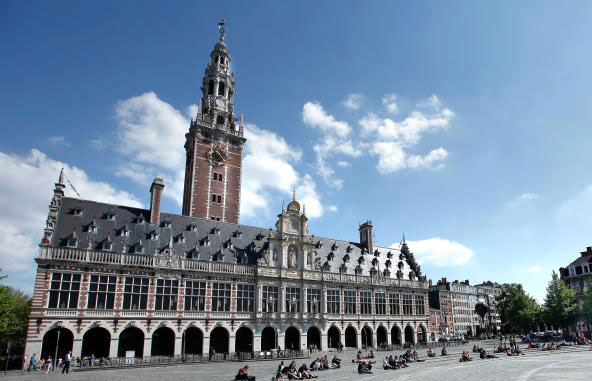
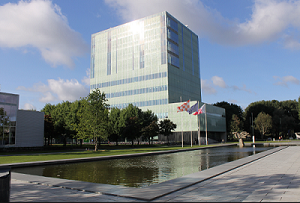
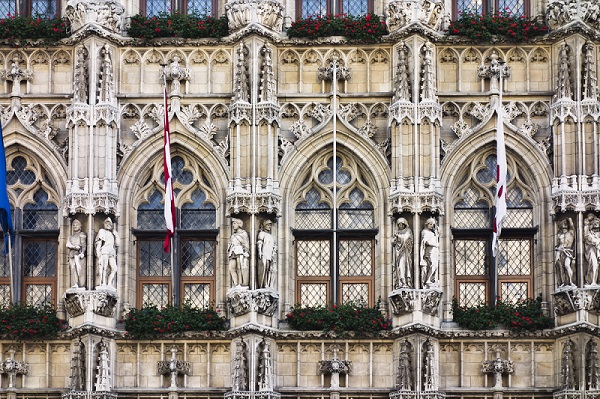
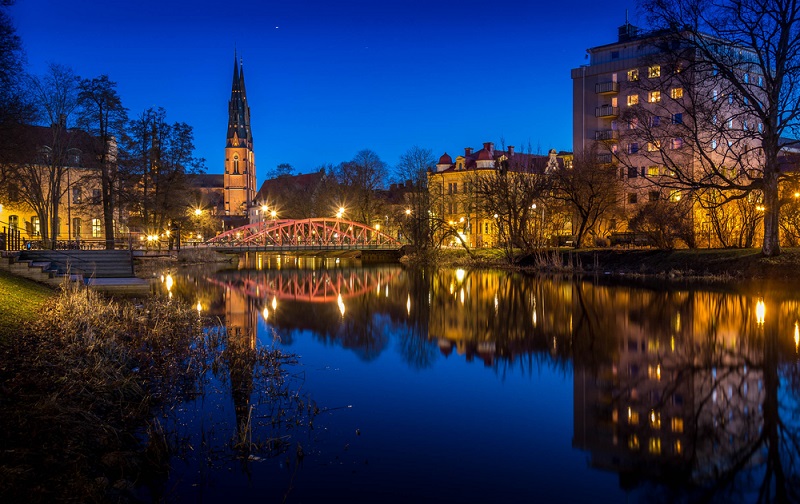
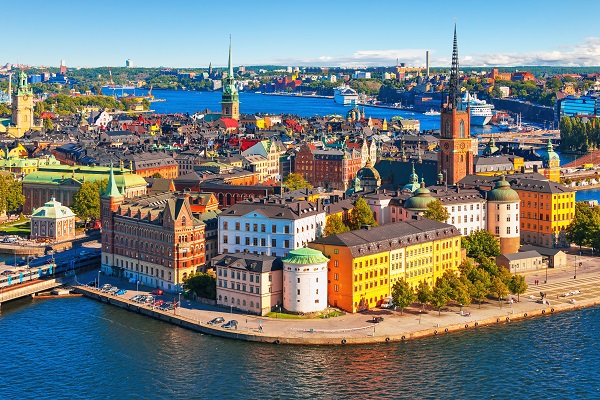
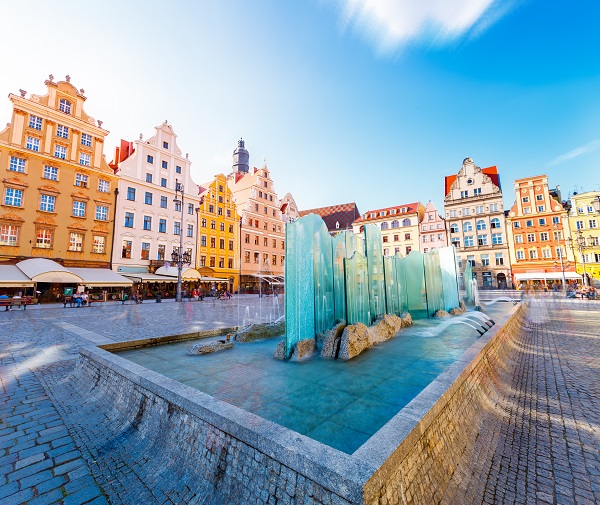
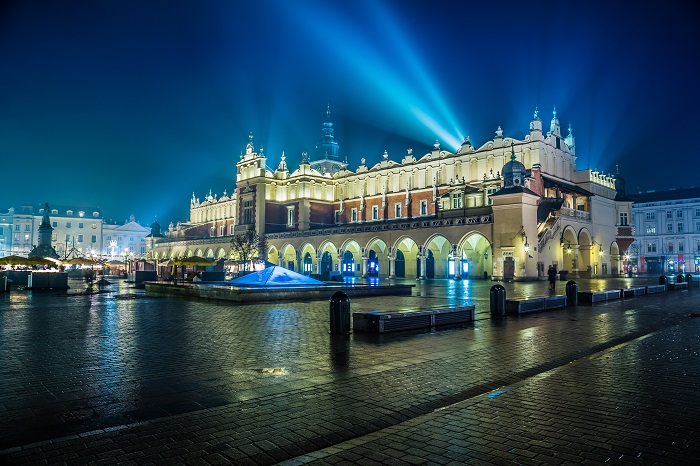
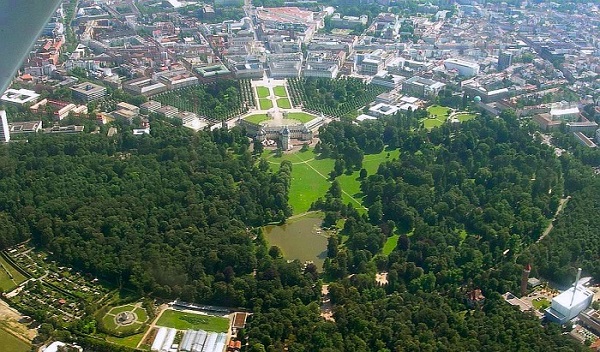
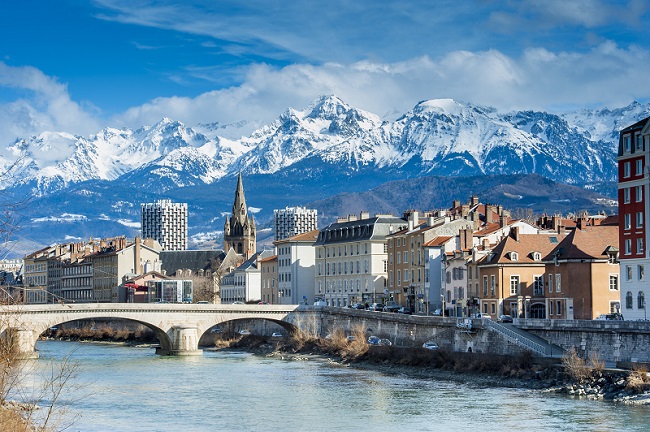
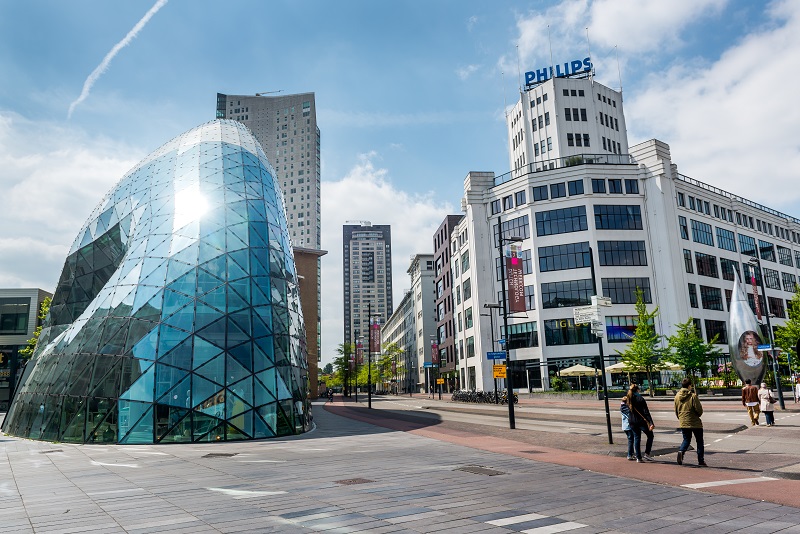
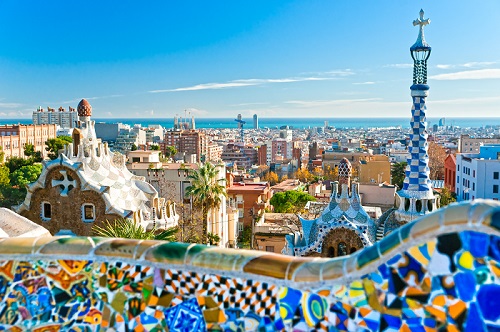
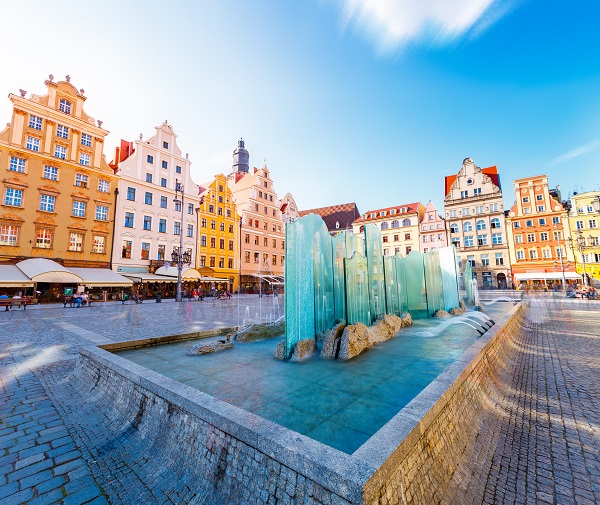

InnoEnergy состоит из сети региональных
отделений, расположенных в Бельгии, Нидерландах и Люксембурге, Центральной
Европе, Франции, Германии, Пиренейском полуострове и Скандинавии. В сеть
внешних партнеров компании входят ведущие предприятия, исследовательские
центры и университеты по всей Европе.